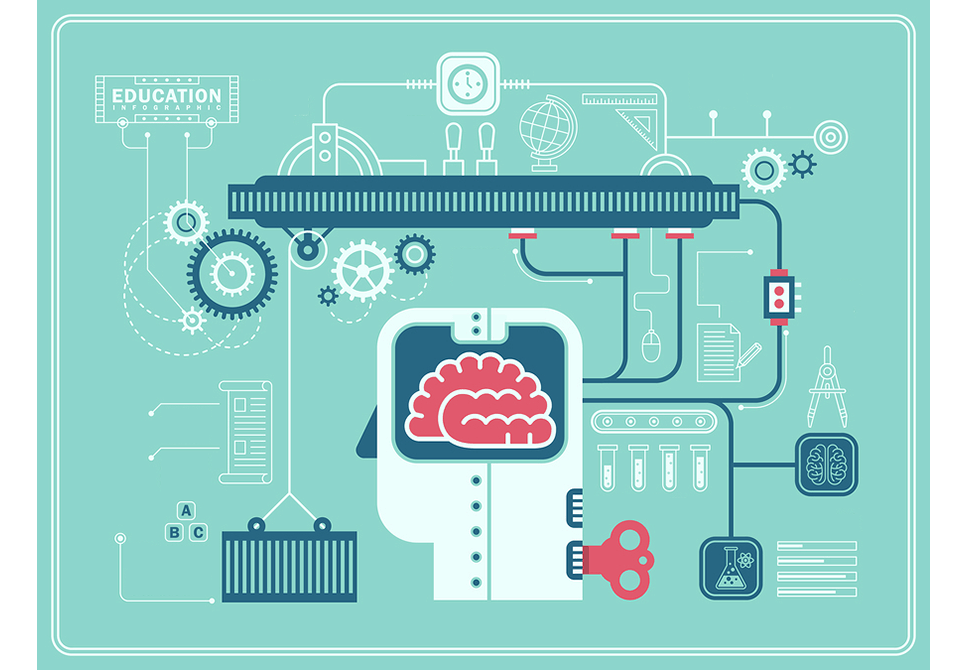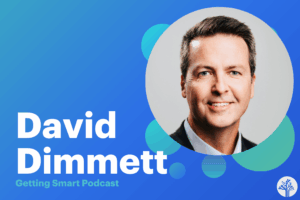How Will Machine Learning Impact Your Life?

Every high school student should be asked to write an essay about the future. There are a handful of trends that are likely to make the decades following commencement quite different than it is today.
By 2020 millennials will make up 50% of the workforce, 75% by 2025. Over the next decade, millennials will experience:
- A tilt to the east: the rise of China and new geopolitics of the Pacific;
- Climate change: a warming and less predictable planet;
- Smart computing: ubiquitous, mobile, collaborative, connected.
Perhaps least obvious about the rise of smart computing is the spread of intelligent infrastructure behind everything. At this very moment, algorithms are hard at work trying to predict your next move, learning to drive, and attacking cancer. Any place where there’s a big database, there’s probably an algorithm hard at work learning what it can from the data.
Machine learning, a subset of artificial intelligence, is an effort to program computers to learn from data. As recently noted, machine learning is the new infrastructure for everything.
While geopolitics and climate change will impact the job market, they won’t compare to the way machine learning will reshape the economic landscape.
More or less jobs? Automation is changing the employment landscape, consider agriculture, advanced manufacturing and online retail. The combination of machine learning and robotics has the potential to supercharge this trend.
Some experts see the potential of robots eliminating millions of jobs. In Rise of the Robots: Technology and the Threat of a Jobless Future, Martin Ford, paints a gloomy employment picture.
A 2013 Oxford University study shared how 47% of U.S. jobs will be deemed “highly automatable”. Tom Davenport, Babson College, said “there will probably be some job losses. But no one really knows how many or when.”
A Deloitte study of history suggests there’s a lot of evidence that technology has created more jobs than it has destroyed.
LinkedIn founder Reid Hoffman thinks the optimistic scenario is that:
“That we have not only a creation of new industries and new jobs, which are essentially a kind of full-time salary work, but also the creation of a lot of different economic opportunities where people can be microentrepreneurs—they can do all sorts of things. And that we can facilitate because we’re in a networked age, with a faster ability to have inventions and to scale up and double down on the inventions that actually work.”
What’s a millennial to do? Machine learning is supporting the development of new tools. Consider the intersection of biology and technology where MIT’s Neri Oxman is advancing computational design, additive manufacturing, materials engineering and synthetic biology. Her team is inventing products that were unimagined a few years ago.
Oxman’s work is an example that, while technology will automate some jobs into oblivion, it will create new categories of work for the entrepreneurial and curious.
Berkeley prof Laura Tyson said:
“A number of jobs will be created, but the quality of jobs is a huge question, I think. What’s happening with the technology, which is skill biased and labor saving, is that it’s eliminating middle-income jobs but is complementary to high skills. The jobs are high-income jobs because some smart people have to work with the technology. But there’s a very large number of people who are being pushed down into lower-income jobs.”
Millennials can look at the skills shortages where they live and invest in the relevant training, says Barinder Hothi, co-founder of global education provider The Knowledge Academy.
“One is to familiarize yourself with all the things that computers do in your line of work, so that you can become a close collaborator with them,” said Tom Davenport, adding, “the other approach is to focus on those tasks that are unlikely to be performed by computers anytime soon. If machines eat away part of your job, the part that’s left will be the part you are particularly good at.”
Fareed Zakaria argues In Defense of a Liberal Education that a broad based education is best, where students learn how to read, how to study, how to write.
In SmartParents we argued for the both/and solution–young people should seek the benefits of liberal arts studies and promote employability by seeking relevant work experience. For both reasons, every high school students should write an essay called, How Will Machine Learning Impact My Life?
About “GenDIY”
Young people are taking control of their own pathway to careers, college and contribution. Powered by digital learning, “GenDIY” is combatting unemployment and the rising costs of earning a degree by seeking alternative pathways to find or create jobs they love. Follow their stories here and on Twitter at #GenDIY.
For more check out:
Stay in-the-know with all things EdTech and innovations in learning by signing up to receive the weekly Smart Update.






0 Comments
Leave a Comment
Your email address will not be published. All fields are required.